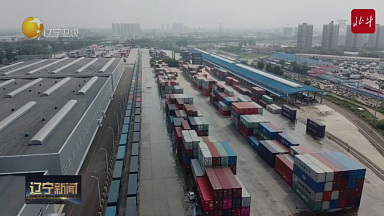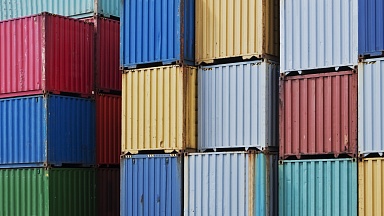The service has been reinstated and will serve the Baltic Rail Gate terminal in Lübeck and the Quadrante Europa terminal in Verona. Trains run twice a week in each direction: north-south on Thursdays and Sundays, south-north on Tuesdays and Fridays. There are also three connecting services per week via Hamburg. From Verona, connections are available to the southern regions of Italy, and from Lübeck to Sweden and Norway.
The expansion of capacity comes at a timely moment in the context of the renovation of the Lueg Bridge in Austria, which will be reduced to one lane from 1 January 2025, with its complete reconstruction scheduled to last until 2030. «Our rail services via Brenner can significantly ease the burden on transport companies,» says Arbi Tonians, Sales Manager Southern Europe. Kombiverkehr offers daily departures to Verona alone, and several departures per day are available from major German cities such as Munich, Cologne, Hamburg, Leipzig and Rostock.
In cooperation with Lokomotion GmbH, the operator is further developing intermodal transport, offering flexible solutions for the transport of goods, including hazardous substances (except classes 1 and 7) and waste.
Source: https://media.kombiverkehr.de/en



